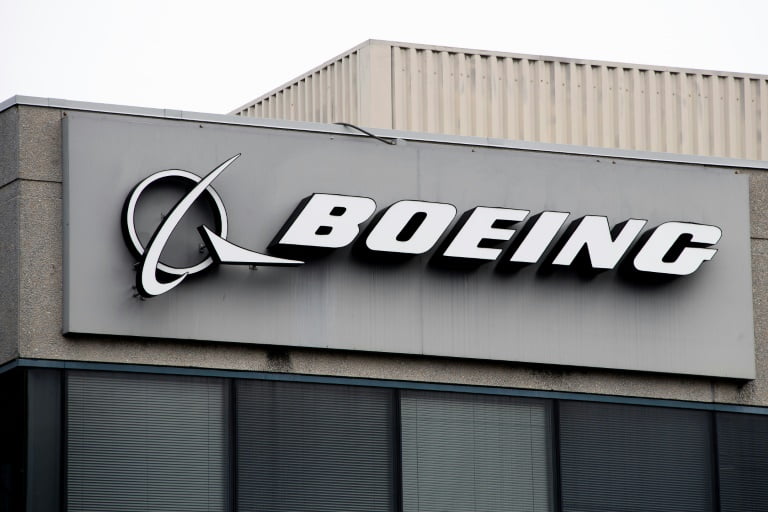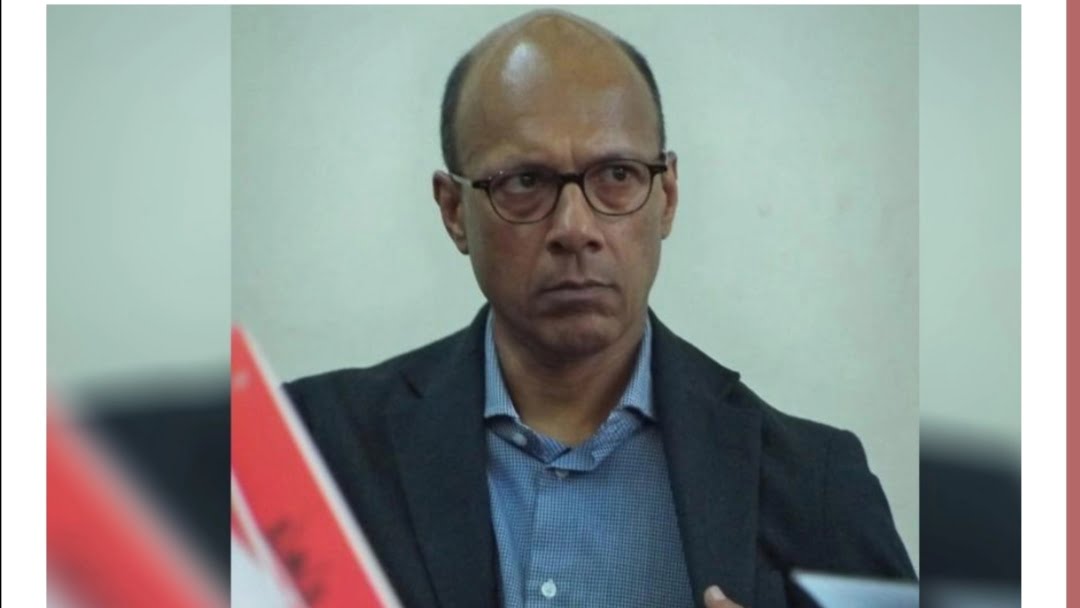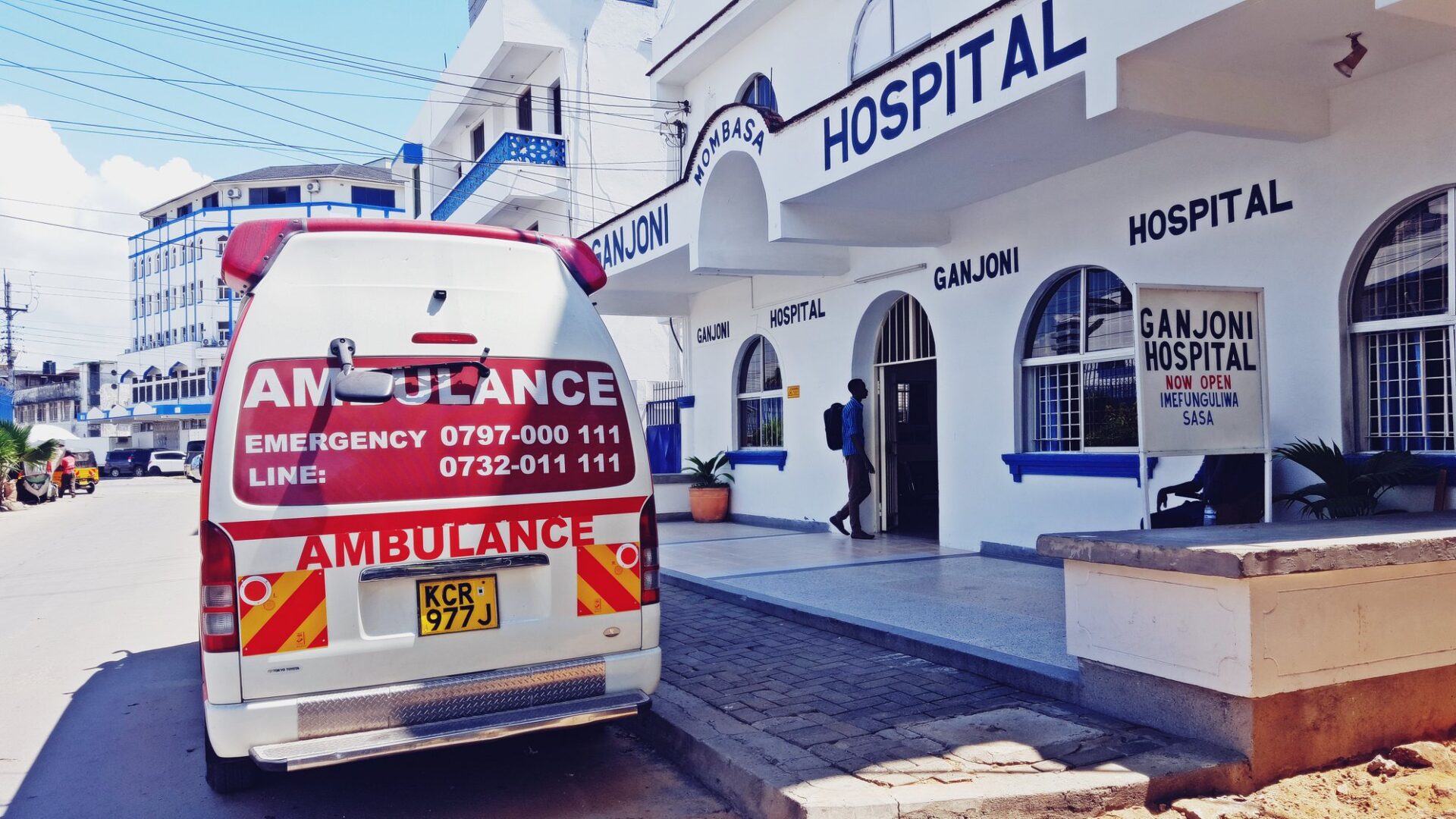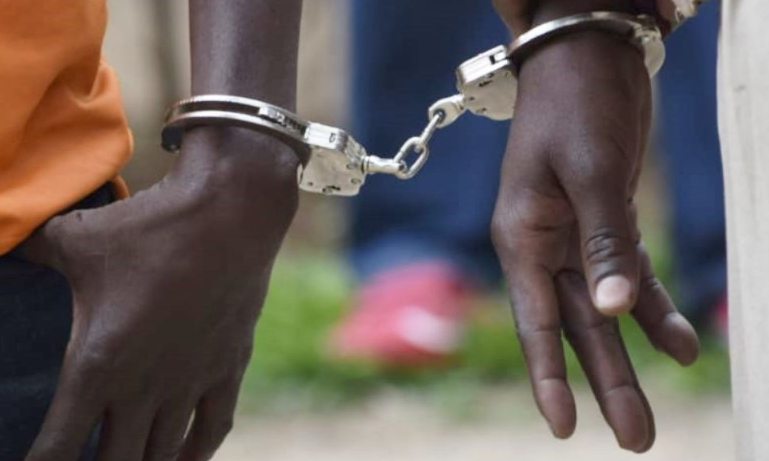The battle against corruption in Kenya has taken a dramatic twist after Director of Public Prosecutions (DPP) Renson Ingonga moved to withdraw graft charges against former Migori Governor Okoth Obado.
The ex-governor has been fighting corruption charges of Ksh505 million for over four years. Now, in a sudden shift, the ODPP says it has entered into a plea bargain deal with him. But the Ethics and Anti-Corruption Commission (EACC) denies signing off on the arrangement, raising fears of a compromised justice process.

How Withdrawal of Obado Graft Charges Threaten Kenya’s Fight Against Corruption
The ODPP told the court that Obado had reached a plea bargain agreement that could end one of the most high-profile graft trials in recent years. The case involves more than Ksh500 million allegedly stolen from Migori County.
However, the EACC quickly moved to distance itself from the deal. The commission said it had not signed any agreement with Obado, creating confusion about whether the negotiations were legitimate or a backdoor attempt to free a powerful politician.
Both the ODPP and EACC requested a one-month adjournment to continue their talks. They told the court that negotiations were at an advanced stage and aimed to end the trial through an out-of-court settlement.
This deal could allow Obado to walk away without facing the full weight of the law. It also risks undermining public trust in Kenya’s justice system, already criticized for letting powerful figures escape accountability.
Billions in Question Over Obado Graft Charges
When Obado was first charged in August 2020, investigators claimed he had overseen a massive theft scheme. The EACC accused him and more than 20 other people of siphoning county funds through fraudulent procurement contracts.
At first, the commission sought to recover over Ksh1.9 billion from Obado and his associates. But in the current plea bargain, that figure has been reduced to Ksh505 million, raising questions about how much accountability Kenyans will get.
Court documents show that Obado was accused of using 13 companies to loot county funds between 2013 and 2017. Some of the money allegedly went to his four children, who also faced charges. The companies reportedly paid them directly, suggesting family involvement in the graft scheme.
Investigators also alleged that Obado misappropriated about Ksh73 million during his tenure as governor. The charges included abuse of office, conspiracy to commit economic crimes, money laundering, and unlawful acquisition of public property.
The sudden push to settle outside court threatens to bury years of investigations and deny Kenyans full justice.

Why Withdrawal of Obado Graft Charges Raises Alarm
The timing of the plea bargain has sparked widespread concern. Obado has been in and out of court for more than four years, and his trial was seen as a test case for Kenya’s fight against county-level corruption.
Critics argue that withdrawing the case through a plea deal undermines the efforts of investigators who spent years building evidence. It also fuels perceptions that wealthy and connected individuals can always negotiate their way out of justice.
The EACC’s public statement distancing itself from the agreement only deepens suspicion. If the anti-graft commission itself is not backing the deal, who stands to gain from the withdrawal?
The court is expected to rule on the plea bargain this Friday. If approved, Obado and his co-accused could avoid lengthy trials and potential jail terms, settling instead for reduced penalties or negotiated repayments.
But Kenyans are watching closely. This case has already become a symbol of the wider struggle against corruption in the country. Any move to quietly close it risks further eroding trust in state institutions.











































